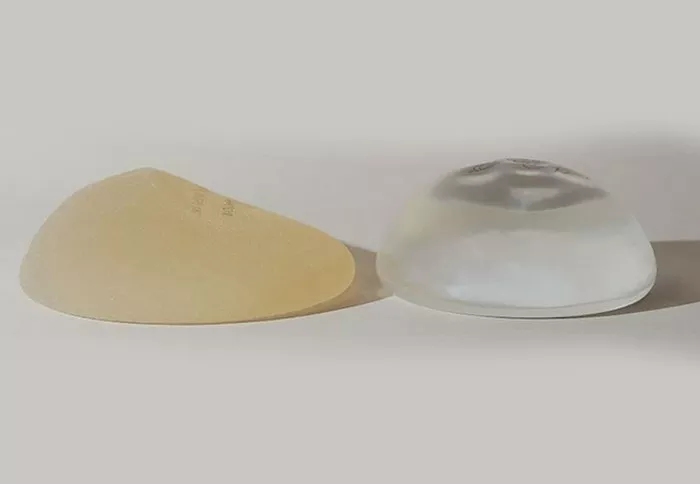Silicone implants have become a popular choice for individuals seeking to enhance their appearance or undergo reconstructive surgery. Whether it’s breast augmentation, breast reconstruction, or other cosmetic procedures, silicone implants offer a natural look and feel. However, a common concern among those considering silicone implants is their longevity. How long do silicone implants actually last? In this article, we will explore the lifespan of silicone implants and discuss factors that can affect their durability.
Understanding Silicone Implants
Silicone implants consist of a silicone shell filled with a cohesive silicone gel. These implants are widely used in breast augmentation surgeries as they provide a more natural look and feel compared to saline implants. The silicone gel inside the implant is designed to mimic the texture and consistency of natural breast tissue, offering a more realistic result.
Average Lifespan of Silicone Implants
The lifespan of silicone implants varies from person to person and depends on various factors. On average, silicone implants are expected to last for 10 to 20 years. However, it’s important to note that this estimate is not definitive. Some implants may last longer, while others may need to be replaced sooner.
Factors Affecting Longevity
Several factors can influence the lifespan of silicone implants. Let’s take a closer look at these factors:
1. Implant Quality
The quality of the silicone implant plays a crucial role in determining its durability. High-quality implants manufactured by reputable companies tend to last longer than cheaper alternatives. It’s essential to choose implants that meet safety standards and have a proven track record of longevity.
2. Surgical Technique
The skill and expertise of the surgeon performing the implantation procedure are vital. A qualified and experienced surgeon will follow proper surgical techniques, reducing the risk of complications that could affect the lifespan of the implants. Factors such as proper implant placement and careful handling during surgery can contribute to the longevity of the implants.
3. Lifestyle and Habits
Lifestyle choices and habits can impact the lifespan of silicone implants. Smoking, for instance, can increase the risk of complications and implant failure. Additionally, excessive weight fluctuations and strenuous physical activities may put extra stress on the implants, potentially reducing their lifespan. It is advisable to maintain a healthy lifestyle and follow post-surgery guidelines provided by the surgeon to maximize the longevity of the implants.
4. Aging and Natural Changes
Over time, the body undergoes natural aging processes, which can affect the appearance and condition of silicone implants. As the breast tissue ages, it may thin out or sag, which can impact the overall appearance of the implants. It’s important to have realistic expectations and understand that the results of breast augmentation with silicone implants may change over time.
5. Implant Rupture or Leakage
Although uncommon, implant rupture or leakage can occur. When a rupture happens, it is often accompanied by a noticeable change in breast shape or size. If you suspect a rupture, it is crucial to consult with a healthcare professional promptly. Regular follow-ups with your surgeon and periodic imaging tests, such as MRI, may be recommended to detect any potential issues.
Replacement or Removal
Silicone implants are not guaranteed to last a lifetime, and some individuals may choose to have them replaced or removed for various reasons. Whether it’s due to complications, aesthetic preferences, or changes in personal circumstances, removal or replacement of silicone implants is an option.
If you decide to replace your silicone implants, it is important to consult with a board-certified plastic surgeon. They will assess your individual situation, discuss your goals, and provide guidance on the best course of action. It’s worth noting that the replacement procedure may be more straightforward than the initial implantation surgery.
Conclusion
Silicone implants can provide individuals with satisfying and natural-looking results. While the average lifespan of silicone implants is estimated to be between 10 to 20 years, it is essential to remember that each case is unique. Factors such as implant quality, surgical technique, lifestyle choices, aging, and the possibility of rupture can all impact the longevity of silicone implants. Regular follow-ups with your surgeon and maintaining a healthy lifestyle can help ensure the implants remain in good condition. If you have concerns about the lifespan of your silicone implants, it is advisable to consult with a qualified healthcare professional who can provide personalized guidance based on your specific circumstances.


